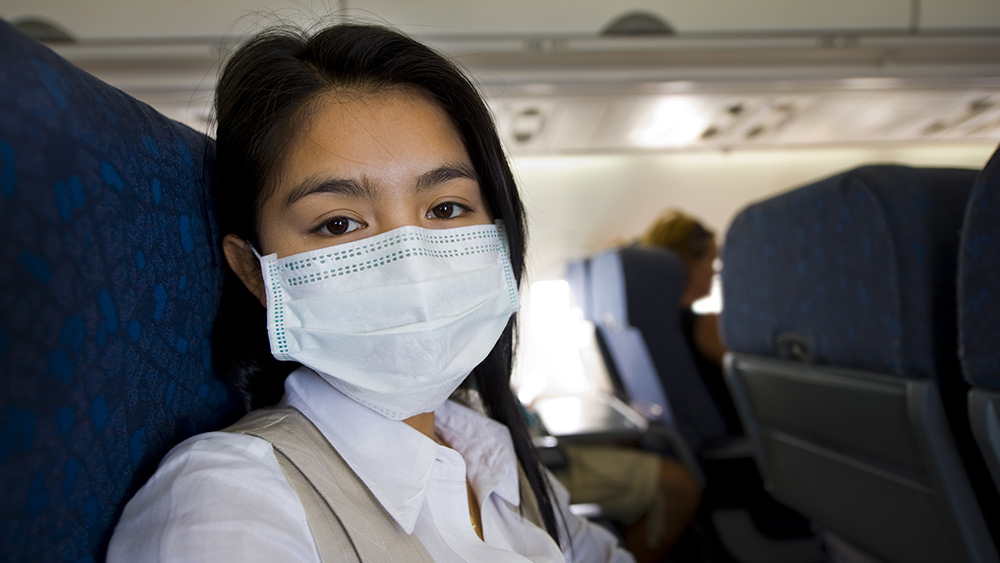
Advertisement
There are now six confirmed cases of the Wuhan coronavirus (CoVid-19) in Western Australia, and several of them involve people who traveled internationally via commercial air and presumably spread it all around before being identified.
One case in particular is a woman in her 70s who reportedly traveled from Cuba to London, then on to Perth where she lives, and where she tested positive for the Wuhan coronavirus (CoVid-19).
This woman visited with her friends and family, attended a Western Australian Symphony Orchestra concert at the Perth Concert Hall, and probably shopped, interacted with strangers, and maybe even prepared meals for herself and others – you know, normal human activities for someone who think she’s healthy.
But in this case, she was not healthy, and this was only discovered after she had already gone about her business, traveling from here to there and everywhere, once again demonstrating how quickly a pandemic virus has the potential to spread without proper containment.
“We are now tracing all of the places and events that she went to so we can publish that information and make sure people are informed,” stated Premier Mark McGowan.
The government of Western Australian is also working to identify every person this individual may have talked to, sat near, or otherwise engaged with in close proximity – a monumental and likely impossible task, if we’re really being honest with ourselves.
But that’s not all. A second woman also did the same thing, traveling from Jakarta, Indonesia to Perth and stayed there for several days before traveling on to Melbourne. Like the first woman, this second one did all sorts of things before being diagnosed with the Wuhan coronavirus (CoVid-19), and authorities are now trying to pick up the pieces.
Listen below as Mike Adams, the Health Ranger, interviews Stewart Rhodes from Oath Keepers about the ongoing Wuhan coronavirus (CoVid-19) crisis:
Special “CoVid clinics” are now opening across Australia
Both of these women have since gone into self-isolation, but the damage is likely already done. Other people who came in contact with them could be carrying around the virus as we speak and not even know it, considering the incubation period can be as long as almost a month.
“If you’re being tested for the coronavirus … you need to exercise some common sense and precaution,” stated Health Minister Roger Cook about these two cases, describing the necessary response as a “community effort.”
“Even if you’re a low-risk case, it’s important that we all take important steps to ensure that together we can get through this difficult issue.”
Australia is starting to open up special “CoVid clinics” to handle potential cases involving people who recently traveled overseas and are now experiencing symptoms. Western Australia Health is urging everyone who fits these criteria to call their medical providers and seek advice about how to proceed.
On the other side of Australia in New South Wales (NSW), authorities are now reporting more than 60 confirmed cases of the Wuhan coronavirus (CoVid-19), along with a visit from Chinese President Xi Jinping.
Australia is also said to be working on the soon launch of a $30 million public health campaign against the novel disease, which officials claim will help to curb its continued spread.
“New South Wales and Sydney [are] still the significantly biggest part of our outbreak in Australia, and clearly New South Wales Health is doing a huge amount of work to track and control the outbreak,” said Professor Brendan Murphy, Australia’s chief medical officer, in a recent statement.
“At the moment, we are not recommending people with acute, cold, flu-like symptoms, unless they are a returned traveler, or unless they are a contact of a confirmed case, be tested,” he added.
To keep up with the latest Wuhan coronavirus (CoVid-19) news, be sure to check out Pandemic.news.
Sources for this article include:
Advertisement
Advertisements
















